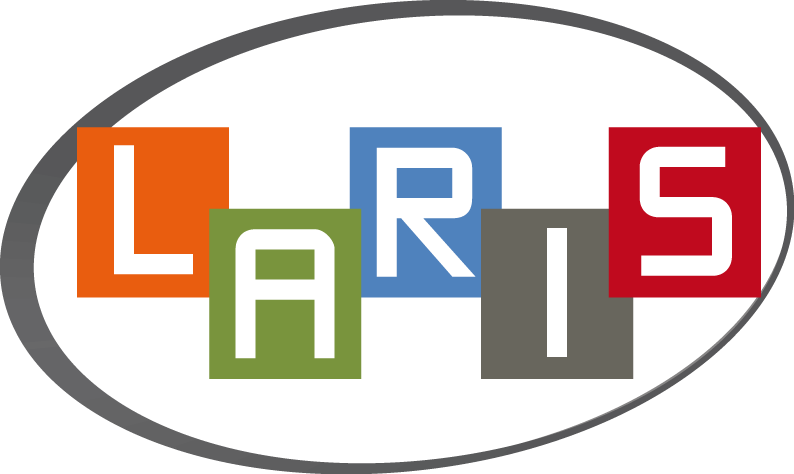Manual dexterity, but not cerebral palsy, predicts cognitive functioning after neonatal stroke
Résumé
Aim: To disentangle the respective impacts of manual dexterity and cerebral palsy (CP) in cognitive functioning after neonatal arterial ischaemic stroke.
Method: The population included 60 children (21 females, 39 males) with neonatal arterial ischaemic stroke but not epilepsy. The presence of CP was assessed clinically at the age of 7 years and 2 months (range 6y 11mo-7y 8mo) using the definition of the Surveillance of CP in Europe network. Standardized tests (Nine-Hole Peg Test and Box and Blocks Test) were used to quantify manual (finger and hand respectively) dexterity. General cognitive functioning was evaluated with the Wechsler Intelligence Scale for Children, Fourth Edition. Simple and multiple linear regression models were performed while controlling for socio-economic status, lesion side, and sex.
Results: Fifteen children were diagnosed with CP. In simple regression models, both manual dexterity and CP were associated with cognitive functioning (β=0.41 [p=0.002] and β=0.31 [p=0.019] respectively). However, in multiple regression models, manual dexterity was the only associated variable of cognitive functioning, whether or not a child had CP (β=0.35; p=0.007). This result was reproduced in models with other covariables (β=0.31; p=0.017).
Interpretation: As observed in typically developing children, manual dexterity is related to cognitive functioning in children having suffered a focal brain insult during the neonatal period.
What this paper adds: Manual dexterity predicts cognitive functioning after neonatal arterial ischaemic stroke. Correlations between manual dexterity and cognitive functioning occur irrespective of sex, lesion side, presence of cerebral palsy, and socio-economic status. Residual motor ability may support cognitive functioning.
Trial registration: ClinicalTrials.gov NCT02511249.
Fichier principal
 manual-dexterity-but-not-cerebral-palsy.pdf (110.54 Ko)
Télécharger le fichier
dmcn13752-sup-0001-appendixs1(5).pdf (57.77 Ko)
Télécharger le fichier
manual-dexterity-but-not-cerebral-palsy.pdf (110.54 Ko)
Télécharger le fichier
dmcn13752-sup-0001-appendixs1(5).pdf (57.77 Ko)
Télécharger le fichier
Origine : Fichiers produits par l'(les) auteur(s)
